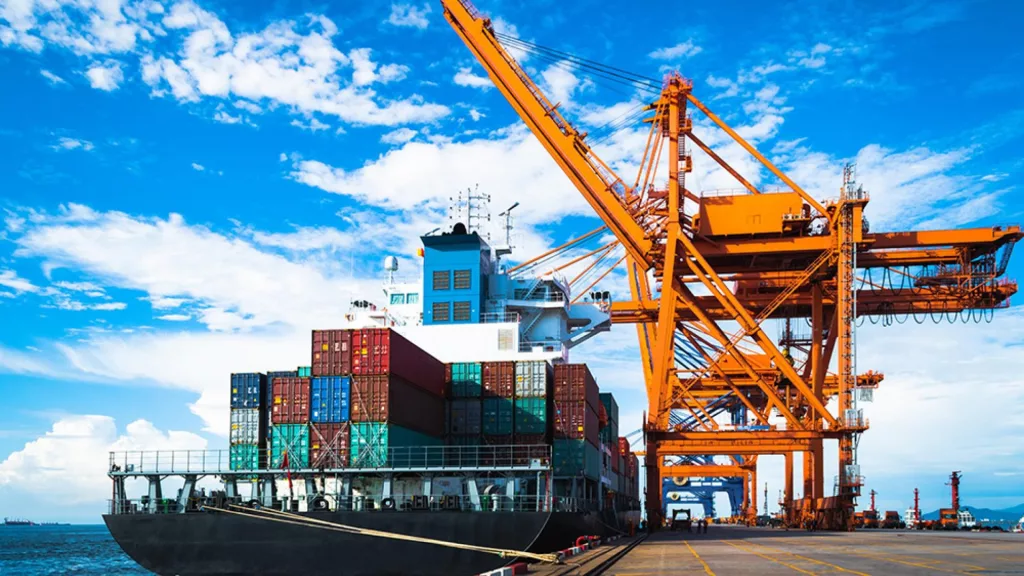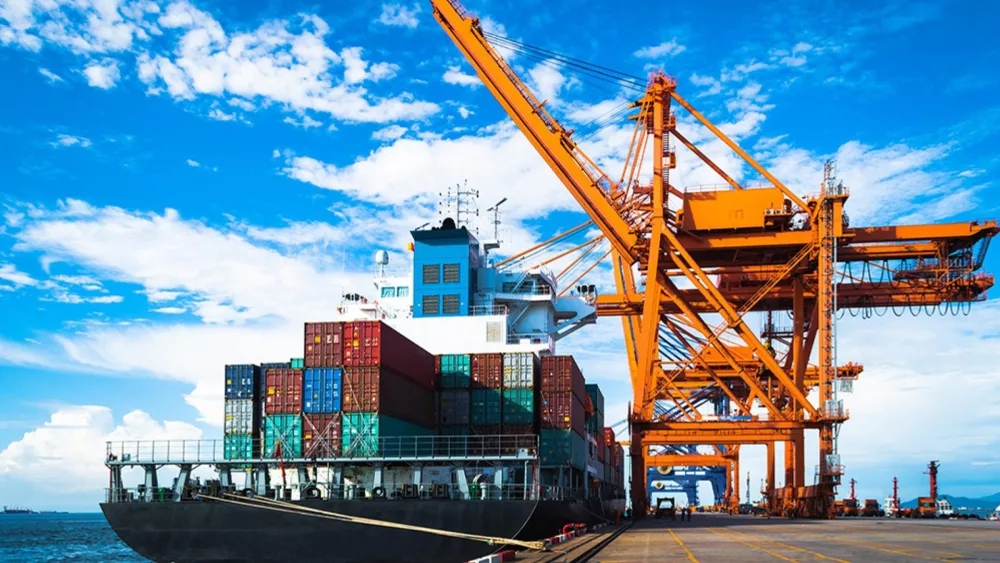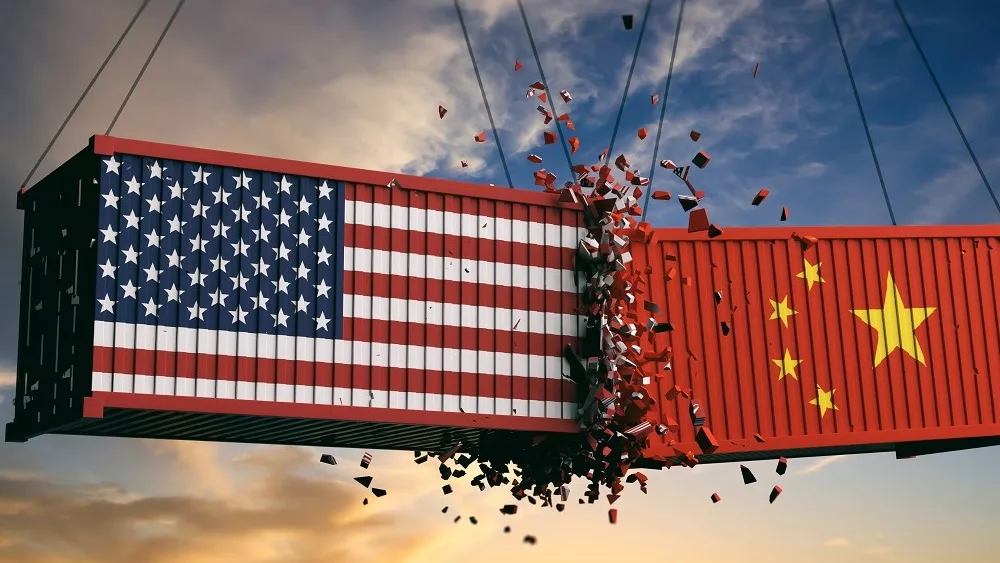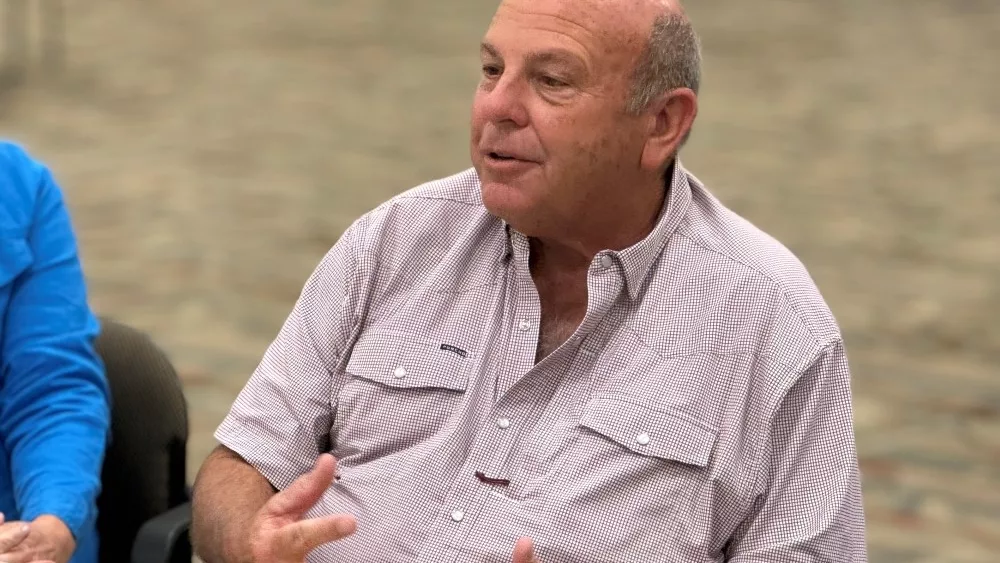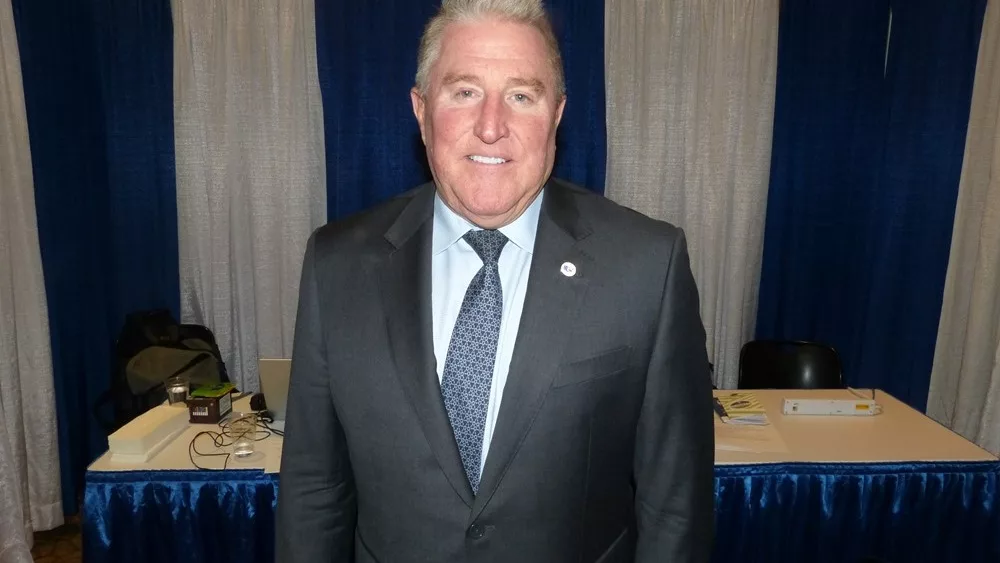With the 2024 election season already underway, one ag group wants the U.S. presidential candidates to talk more about trade.
The ag organization Farmers for Free Trade is pushing each of the candidates to share their positions on trade issues. Executive Director Brian Kuehl says they’re letting candidates know how important trade is.
“We want to see all of the presidential candidates in this election cycle understand the importance of trade. So, Farmers for Free Trade recently wrote a sign-on letter signed by 30 ag associations. Soybeans, corn, pork, dairy, you go down the list, all signed on to a common statement to all the presidential candidates, both Democrats and Republicans saying, ‘Look, trade is critically important for food and ag and that the U.S. is falling behind. You need to understand the importance of this issue to rural America’. And we ask that all presidential candidates focus on international trade and tell us how they’re going to open new markets,” he said. “That’s really important.”
Kuehl says a key topic is tariff negotiation.
“Everyone needs to understand tariffs are taxes. It’s a tax a country puts on a product when it comes in. So, if another country puts a tariff on our products, it makes our products more expensive in that country. Same thing, if we put tariffs on products coming into the US, it makes those products more expensive,” he said. “So, we would like to see tariffs reduced generally. We think government should get out of the way and let business trade. And if government gets out of the way the market is going to work most efficiently.
Along those lines, he said one recent campaign promise has the organization “really concerned”.
“President Trump a week ago or two weeks ago said, If elected, he wants to put a 10 percent tariff on all products coming into the United States. He said he wanted to create a ring around the US economy. I think most economists look at that just shutter,” Kuehl said. “It’s a really bad idea. It’s a bad idea because it’ll cause inflation on products coming into the US. So if you go to a store and you want to buy a toothbrush, and it’s 10 percent more expensive, or you want to buy a shirt and it’s 10 percent more expensive, you’re going to notice that.”
However, he said it’s not just the consumers who will feel the pressure.
“But also, if we start putting 10 percent tariffs on other countries sending their products to us, they’re going to start putting tariffs on our products, which usually falls on the shoulders of the farmers,” he said. “We’ve seen that time and time again. So suddenly we’ll be shut out of markets, and Australia, Brazil, and other countries are going to have a competitive advantage.”
